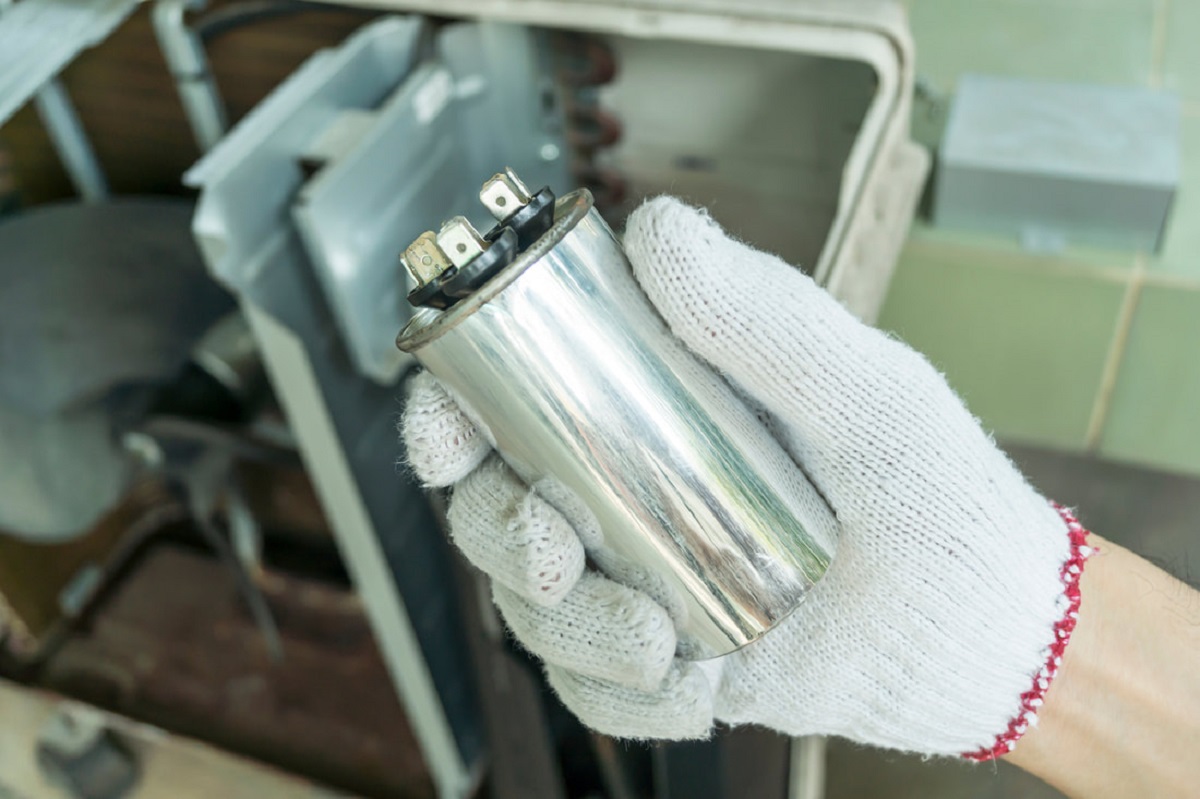

Articles
How Do I Know If My AC CapACitor Is Bad?
Modified: November 2, 2024
Learn how to identify a faulty AC capacitor with this informative article. Don't let AC problems leave you uncomfortable - get expert tips now!
(Many of the links in this article redirect to a specific reviewed product. Your purchase of these products through affiliate links helps to generate commission for Storables.com, at no extra cost. Learn more)
Introduction
Welcome to the world of air conditioning systems! The AC capacitor plays a crucial role in keeping your AC unit running smoothly and efficiently. But how do you know if your AC capacitor is bad? In this article, we will explore what an AC capacitor is, its importance in the operation of your AC unit, and the common symptoms that indicate a faulty capacitor. We will also discuss how you can test and replace a bad AC capacitor yourself or when it’s best to call in a professional. So, let’s dive in and learn more about this essential component of your air conditioning system.
Key Takeaways:
- Recognize the signs of a bad AC capacitor, such as weak airflow, frequent cycling, and higher energy bills. Testing and replacing the capacitor promptly can prevent further damage and discomfort.
- Whether attempting a DIY replacement or seeking professional help, prioritizing safety and prompt attention to capacitor issues is crucial for maintaining a well-functioning air conditioning system.
Read more: How Do I Know If My Ryobi Battery Is Bad
Understanding the AC Capacitor
Before we delve into diagnosing a bad AC capacitor, it’s important to have a clear understanding of what it is and how it functions within your air conditioning system. An AC capacitor is an electrical component that stores and releases electrical energy needed to start and run the motors in your AC unit. It acts as a temporary power source, providing the necessary boost to the motor during the startup phase.
AC capacitors come in different sizes and capacitance ratings, depending on the specific requirements of your AC unit. They are typically cylindrical or rectangular in shape and have two or three terminals for connecting the motor and power supply. It is essential to have the correct capacitor for your AC system, as an incorrect rating can lead to performance issues or even damage the motor.
In addition to the main capacitor used to start the AC unit, there is also a smaller capacitor called the run capacitor. This capacitor provides a continuous electrical charge to keep the motor running smoothly while the AC unit is operating. It enhances the motor’s efficiency and ensures consistent performance.
Overall, the AC capacitor plays a vital role in the functioning of your air conditioning system. It provides the necessary electrical energy to start the motors and keeps them running efficiently. Without a functioning capacitor, your AC unit will not be able to start up or operate optimally.
Common Symptoms of a Bad AC Capacitor
When an AC capacitor starts to go bad, it can cause a range of issues within your air conditioning system. Recognizing these symptoms early on can help you diagnose a faulty capacitor and take the necessary steps to fix or replace it. Here are some common signs that indicate a bad AC capacitor:
- AC Unit Not Starting: One of the most obvious signs of a faulty capacitor is when your AC unit fails to start. If you notice that your AC system is not turning on, it could be due to a capacitor problem.
- Weak Airflow: Another indication of a failing AC capacitor is weak airflow from the vents. The capacitor’s role in providing the necessary electrical energy to start the motors affects the fan’s ability to push air effectively.
- AC Unit Shuts Off Intermittently: A bad capacitor can cause your AC unit to shut off unexpectedly and intermittently. This can be frustrating and disruptive to your comfort.
- Strange Noises: A faulty capacitor can also lead to unusual noises coming from your AC unit. You may hear buzzing, humming, or clicking sounds, indicating an electrical problem.
- Frequent On and Off Cycling: A capacitor in poor condition can cause your AC unit to cycle on and off more frequently than usual. This can result in energy inefficiency and put additional strain on the motors.
- Higher Energy Bills: If you notice a sudden increase in your energy bills without any apparent explanation, a faulty capacitor could be to blame. The compromised capacitor affects the overall performance and efficiency of your AC unit.
If you observe any of these symptoms in your air conditioning system, it’s advisable to inspect your AC capacitor for any signs of damage or malfunction. However, keep in mind that these symptoms may also be indicative of other issues with your AC system, so it’s essential to consult a professional technician to get an accurate diagnosis.
Testing the AC Capacitor
If you suspect that your AC capacitor is faulty based on the common symptoms mentioned earlier, you can perform a simple test to confirm its condition. Here’s how you can test your AC capacitor:
- Turn off the power: Before starting any testing or repair work, make sure to turn off the power to your AC unit to prevent electrical shocks.
- Locate the capacitor: The capacitor is usually located inside the AC unit’s electrical panel. It may be connected to the compressor or the fan motor, depending on the specific setup.
- Discharge the capacitor: Before testing, you need to discharge any stored electrical energy in the capacitor. Use an insulated screwdriver to bridge the terminals of the capacitor to discharge it safely.
- Set your multimeter: Set your multimeter to the capacitance testing mode and ensure it is calibrated properly.
- Testing procedure: With the multimeter leads, touch the terminals of the capacitor. Observe the multimeter reading, which should reflect the capacitance rating indicated on the capacitor. If the reading is significantly different or shows no reading at all, it indicates a faulty capacitor.
- Replacing a bad capacitor: If the test confirms that the capacitor is faulty, it is recommended to replace it with a new one of the same capacitance rating. Ensure you follow proper safety procedures and consult the manufacturer’s guidelines or a professional technician for guidance.
Keep in mind that testing an AC capacitor requires certain technical knowledge and skills. If you are not confident in performing the test yourself, it’s best to seek assistance from a qualified HVAC technician who can accurately diagnose and replace a faulty capacitor.
If your AC is not starting or is making a humming noise, it could be a sign of a bad capacitor. Check for bulging or leaking on the capacitor and replace if necessary.
DIY Replacement of a Bad AC Capacitor
If you’re comfortable working with electrical components and have the necessary tools, you can attempt to replace a bad AC capacitor yourself. Here’s a step-by-step guide to help you through the process:
- Turn off the power: Before starting any replacement work, ensure that the power to your AC unit is turned off at the circuit breaker.
- Locate the capacitor: The capacitor is usually housed in the outdoor condenser unit or inside the electrical panel of the AC unit. Take note of its location and how it is connected.
- Discharge the capacitor: To discharge any residual charge, use an insulated screwdriver to bridge the terminals of the capacitor, ensuring your safety.
- Disconnect the wires: Carefully remove the wires from the terminals of the bad capacitor. Take a picture or make a note of the capacitor’s wiring configuration to help with reconnecting the new capacitor.
- Remove the old capacitor: Unscrew or release any mounting brackets or hardware that hold the capacitor in place. Remove the old capacitor from its mounting location.
- Install the new capacitor: Take the new capacitor with the same capacitance rating and install it in the same location as the old capacitor. Make sure it is securely mounted using the appropriate brackets or hardware.
- Reconnect the wires: Referencing your picture or notes, reconnect the wires to the appropriate terminals of the new capacitor. Ensure that the connections are tight and secure.
- Double-check your work: Before restoring power, carefully inspect the connections and surrounding components to ensure everything is in place and properly installed.
- Restore power: Once you’re confident that everything is correctly connected, turn the power back on at the circuit breaker for your AC unit.
- Test the AC unit: After power is restored, test your AC unit to ensure it is functioning properly. Listen for any unusual noises and check that the airflow is strong.
It’s important to note that working with electrical components can be dangerous if proper precautions are not taken. If you’re uncertain about any aspect of the replacement process or are uncomfortable handling electrical parts, it’s strongly recommended to hire a professional technician who can safely perform the capacitor replacement for you.
Read more: How Do I Know If My AC Needs Freon
Calling a Professional for AC Capacitor Repair
While it is possible to replace a bad AC capacitor yourself, there are certain situations where it is advisable to call a professional HVAC technician. Here are a few scenarios where professional assistance may be necessary:
- Lack of experience or knowledge: If you are not comfortable working with electrical components or lack the necessary knowledge and experience, it’s best to leave the repair to a professional. They have the expertise and tools to diagnose and fix capacitor issues safely and efficiently.
- Complex capacitor replacement: Some AC units have capacitors that are difficult to access or require specialized tools for replacement. In these cases, it’s best to rely on a professional who knows how to navigate the specific challenges posed by your AC unit.
- Under warranty coverage: If your air conditioning system is still under warranty, attempting to replace the capacitor yourself may void the warranty. To avoid any potential issues with your warranty coverage, it’s recommended to have a professional handle the repair.
- Multiple AC issues: If you are experiencing multiple issues with your AC unit in addition to a faulty capacitor, it’s wise to call a professional to conduct a comprehensive inspection and diagnose any underlying problems. They can identify and address any additional issues that may be affecting the performance of your AC system.
- Safety considerations: Working with electrical components carries inherent risk. If you don’t feel confident in safely handling capacitor repairs, it’s better to prioritize your safety and let a trained technician tackle the job.
By calling a professional HVAC technician, you can ensure that the diagnosis and repair of your AC capacitor are done correctly and safely. They have the knowledge, experience, and specialized tools to address your AC issues efficiently, saving you time and potential headaches in the long run.
Conclusion
The AC capacitor is a crucial component of your air conditioning system, responsible for storing and releasing electrical energy to power the motors. If you suspect that your AC capacitor is bad, it’s important to address the issue promptly to avoid further damage and discomfort.
By understanding the common symptoms of a failing AC capacitor, such as the AC unit not starting, weak airflow, intermittent shut-offs, strange noises, frequent cycling, and increased energy bills, you can identify when it’s time to test or replace the capacitor.
Testing the AC capacitor requires care and technical knowledge. However, if you are confident and have the necessary tools, you can attempt a DIY replacement. Remember to always turn off the power, discharge the capacitor, and follow proper safety procedures.
Alternatively, if you lack experience or if your AC unit has complex capacitor placement, it’s best to call a professional HVAC technician. They can accurately diagnose the issue, safely replace the capacitor, and address any other underlying problems that may affect your system’s performance.
Ultimately, whether you choose to tackle the repair yourself or rely on a professional, it’s crucial to prioritize your safety and the proper functioning of your air conditioning system. Regular maintenance and prompt attention to capacitor issues will help keep your AC unit running efficiently and ensure your comfort, especially during hot summer months.
If you have any doubts or concerns about your AC capacitor, don’t hesitate to consult with a professional technician who can provide guidance tailored to your specific situation. Stay cool and enjoy the benefits of a well-functioning air conditioning system!
Frequently Asked Questions about How Do I Know If My AC CapACitor Is Bad?
Was this page helpful?
At Storables.com, we guarantee accurate and reliable information. Our content, validated by Expert Board Contributors, is crafted following stringent Editorial Policies. We're committed to providing you with well-researched, expert-backed insights for all your informational needs.
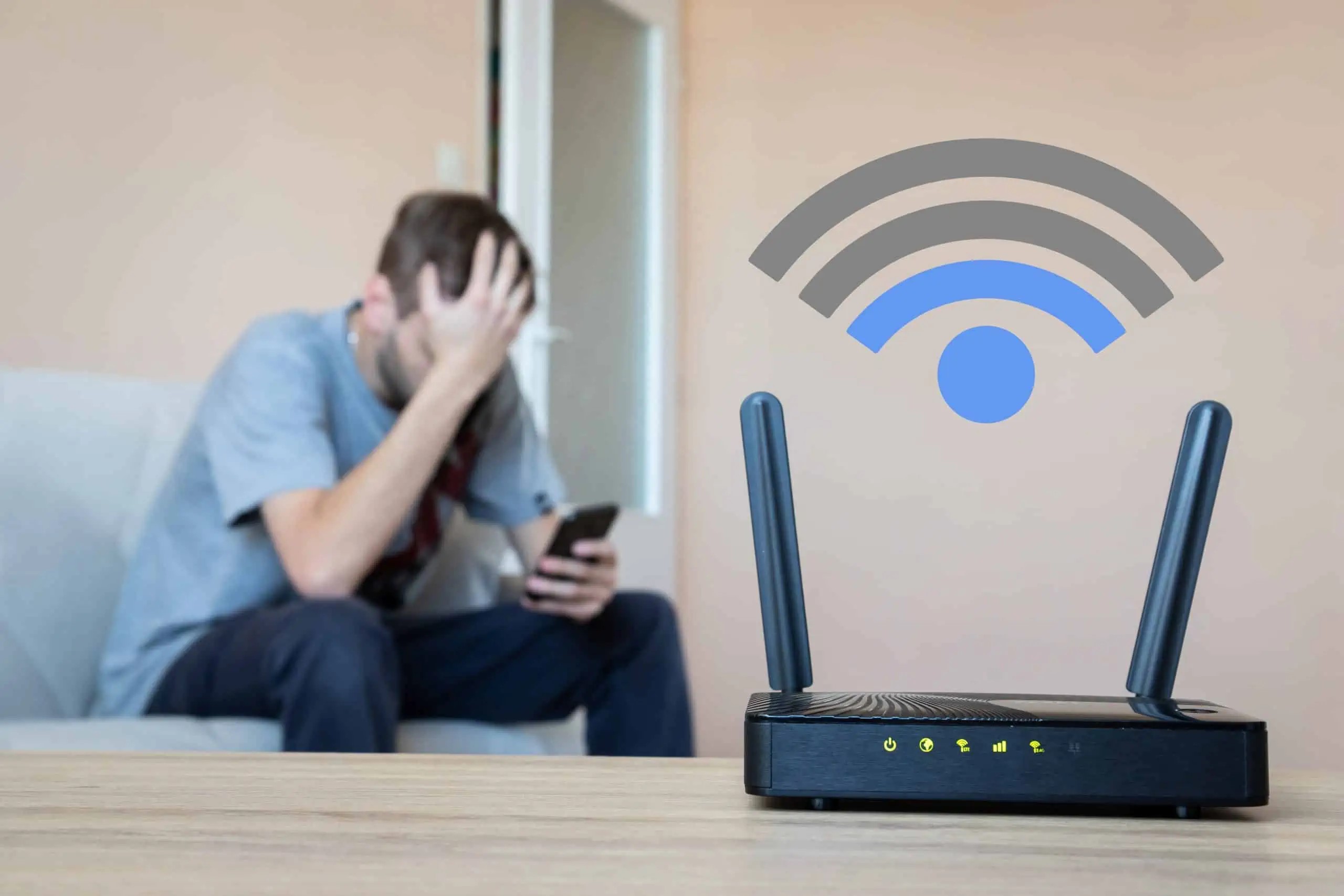
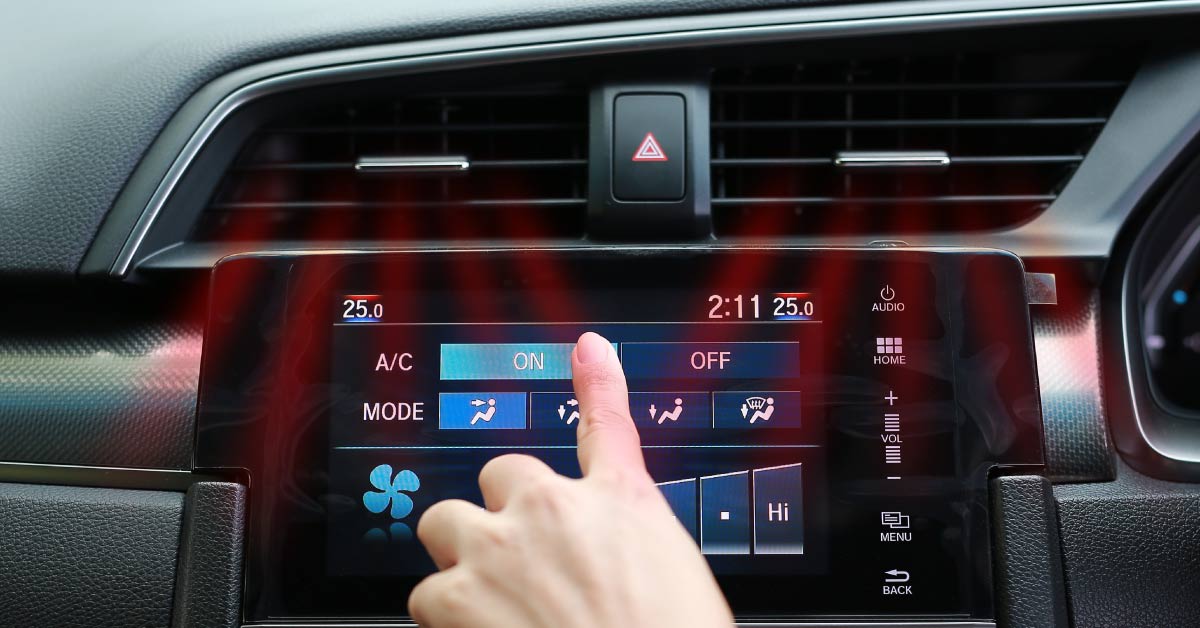
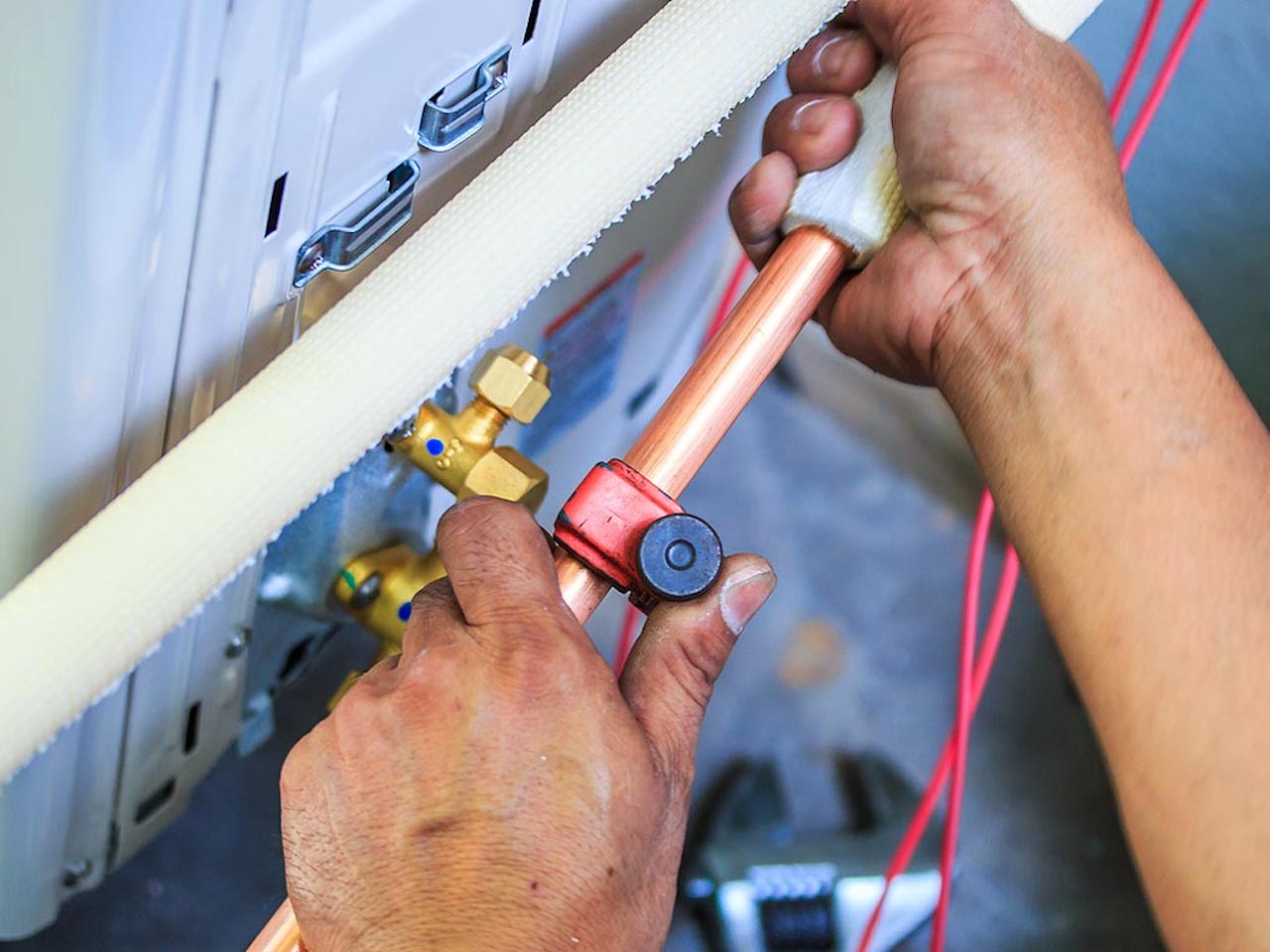
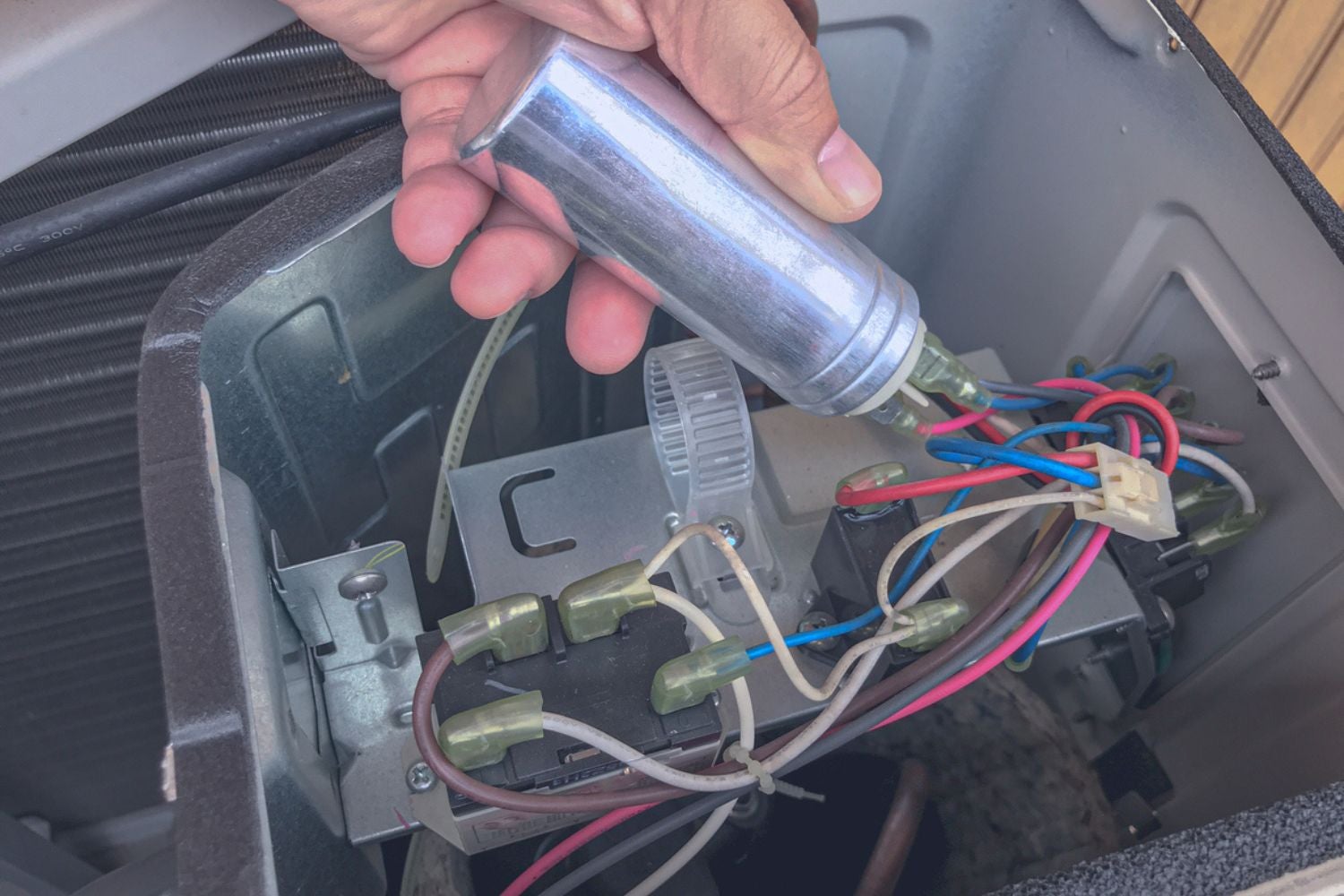
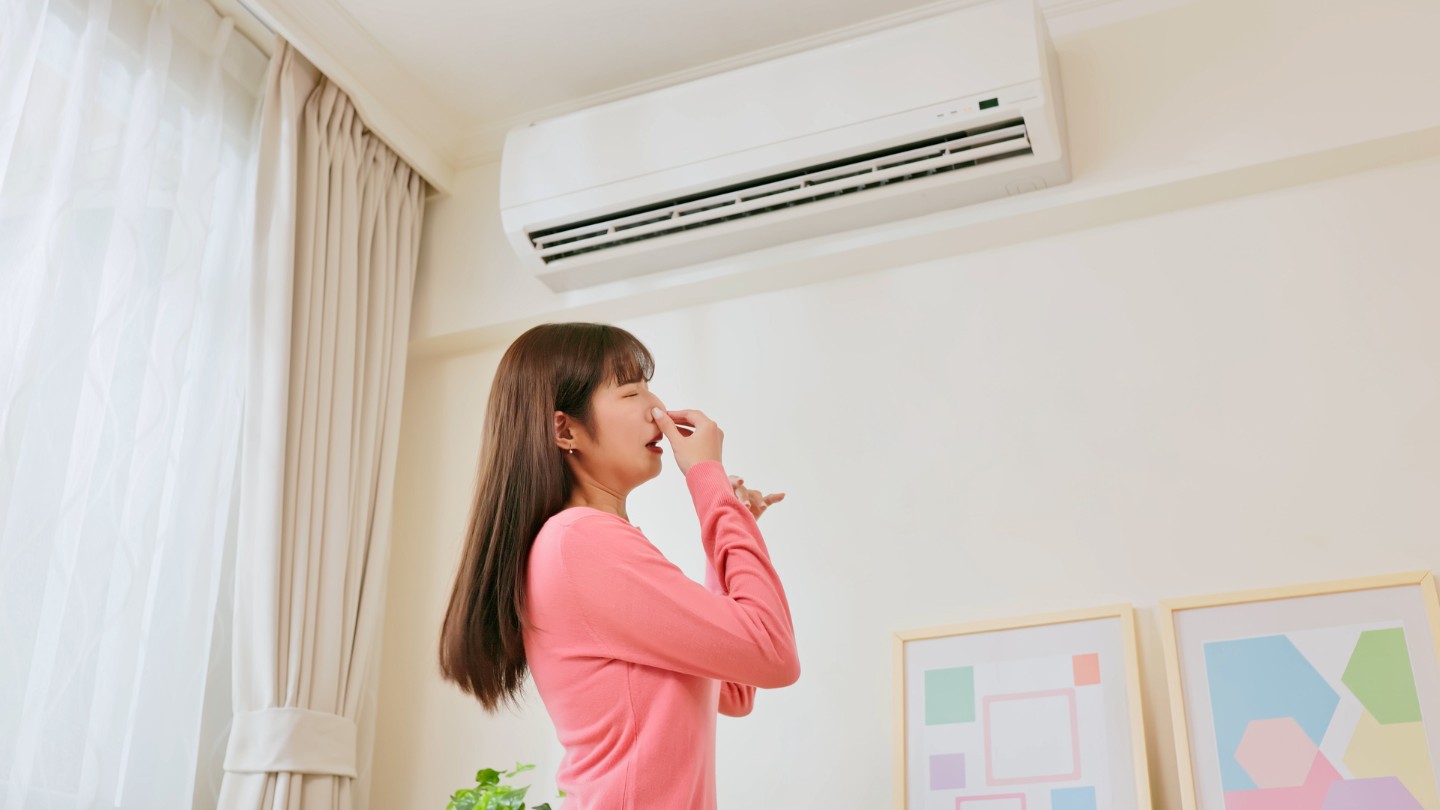
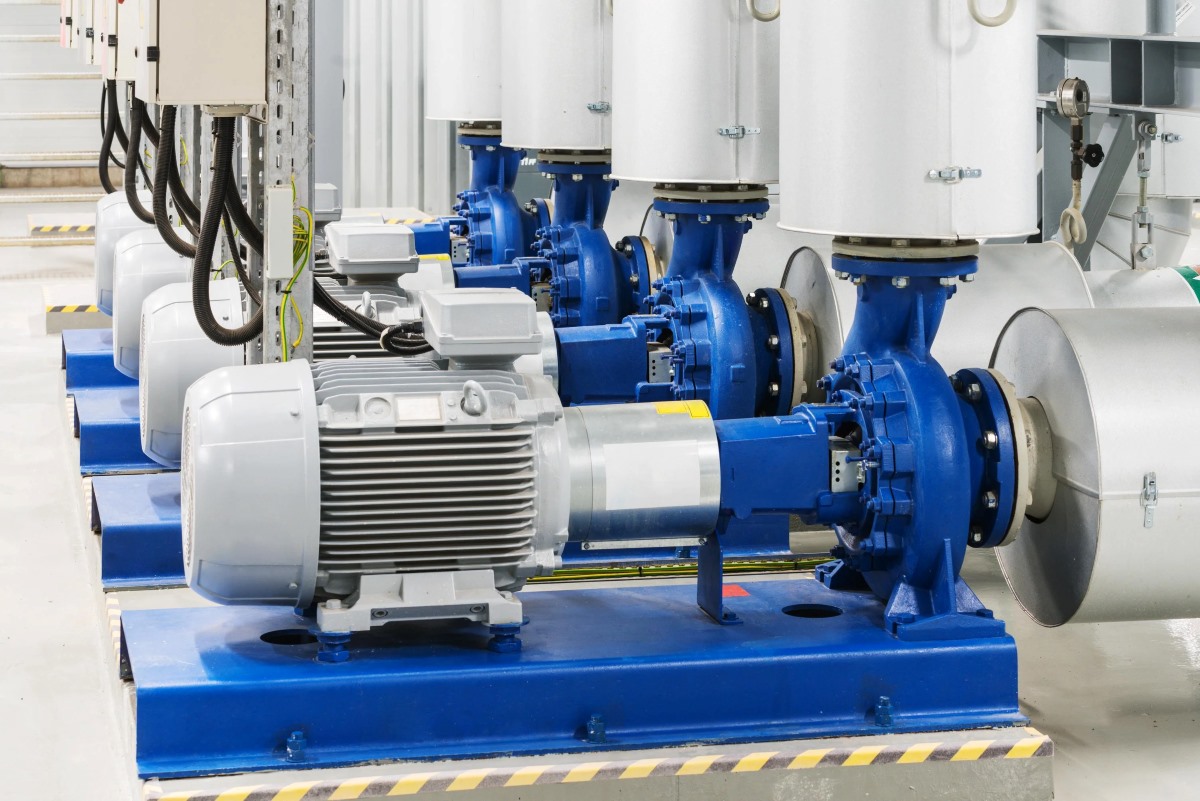
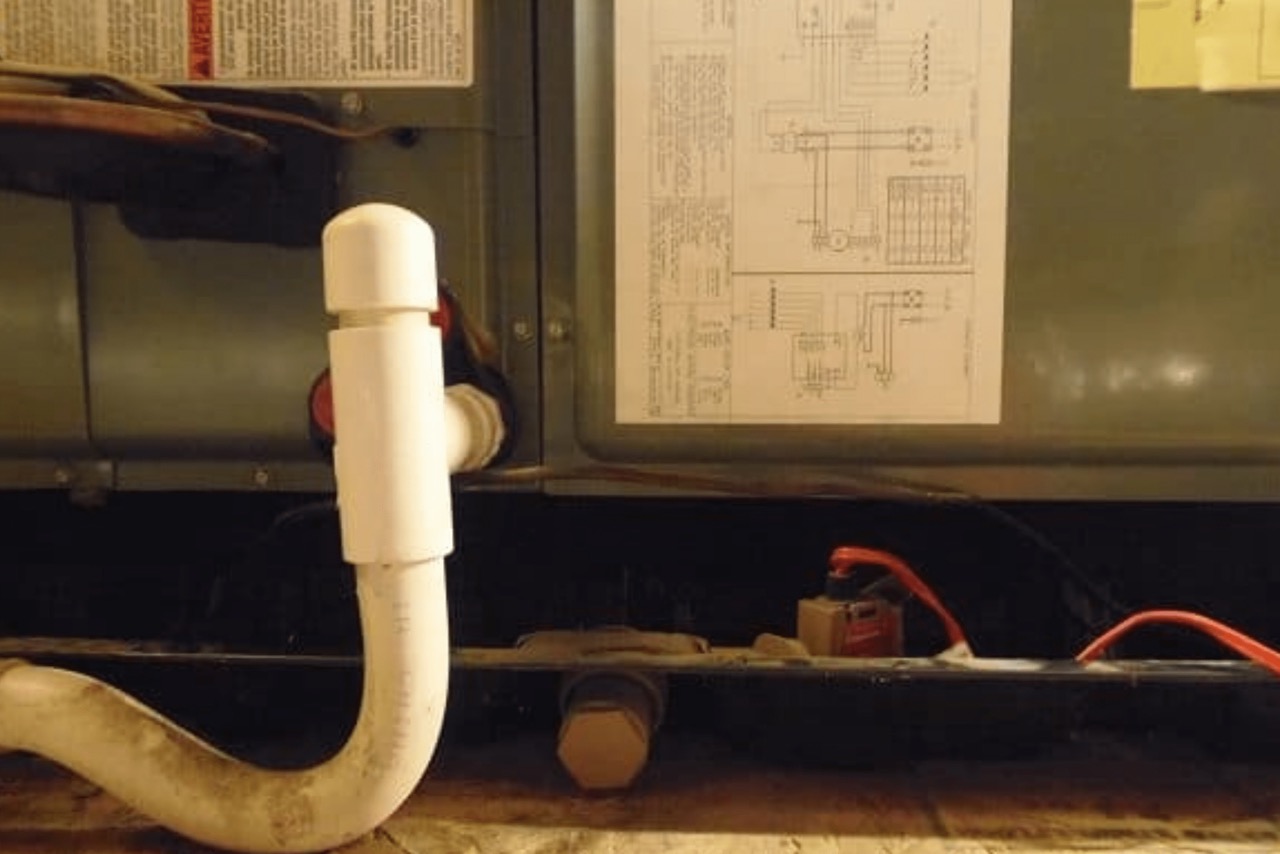
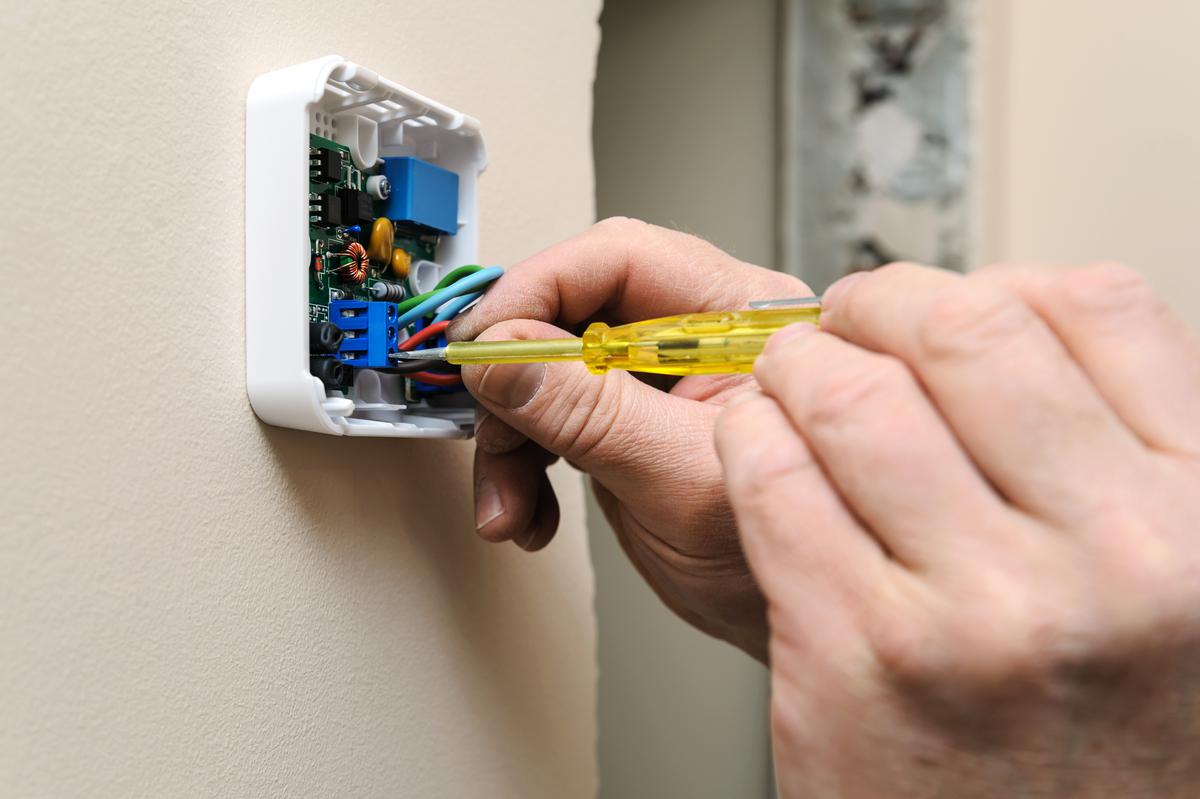
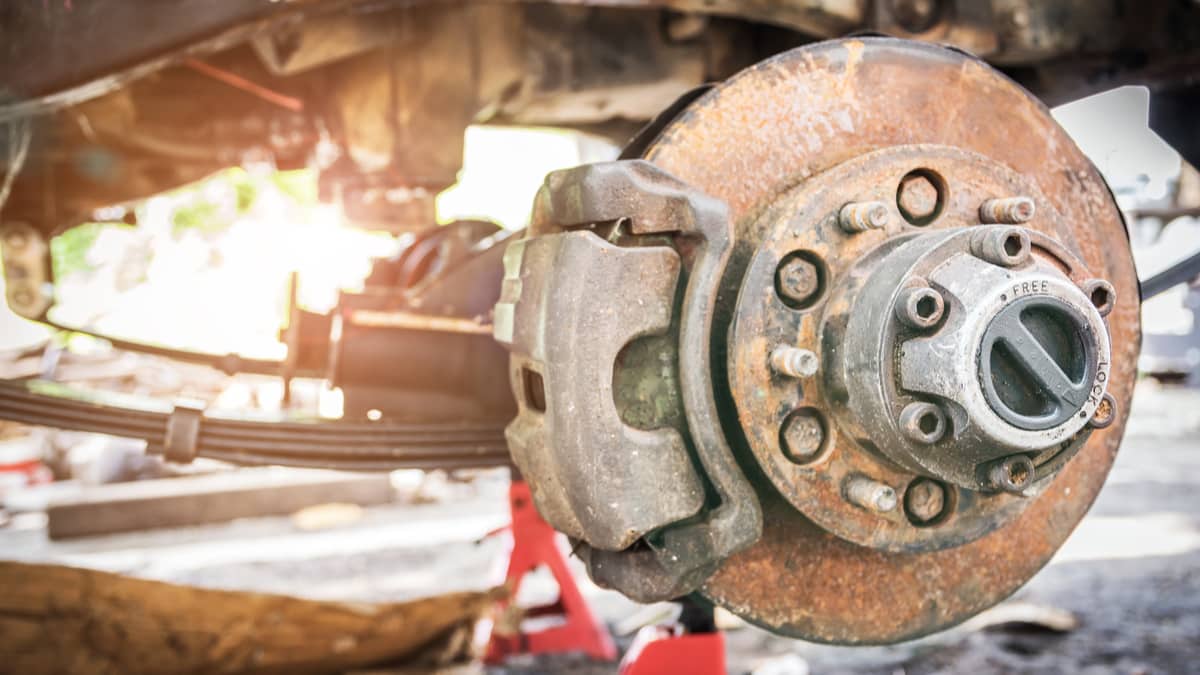



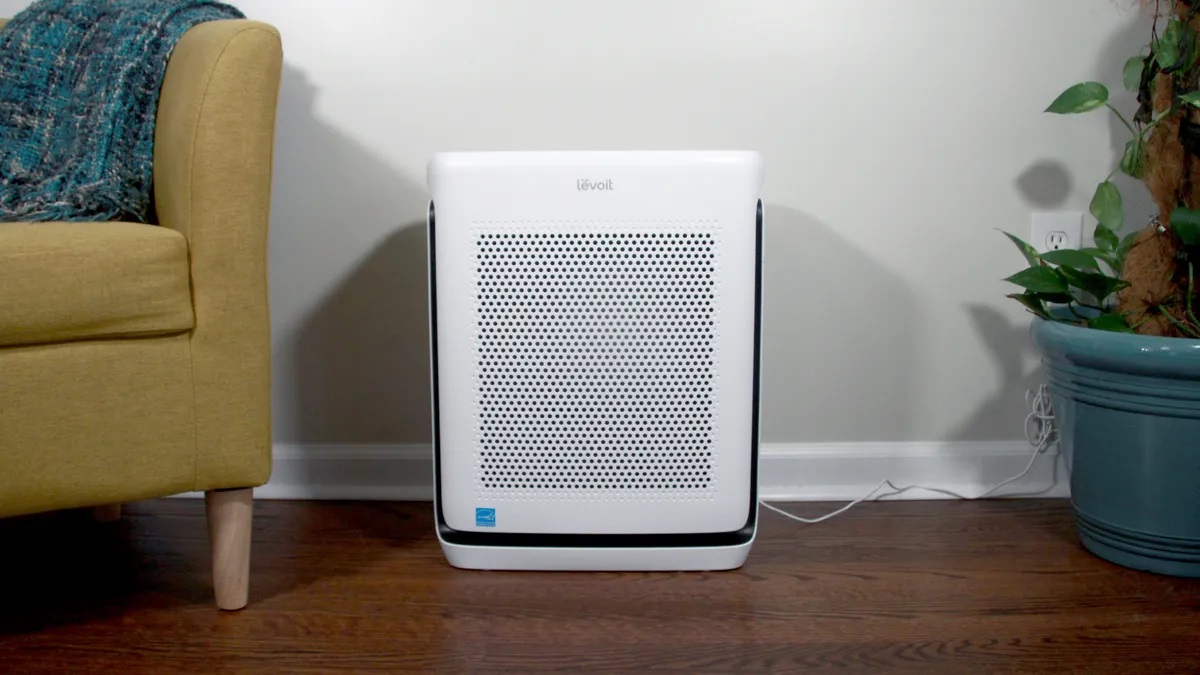


0 thoughts on “How Do I Know If My AC CapACitor Is Bad?”